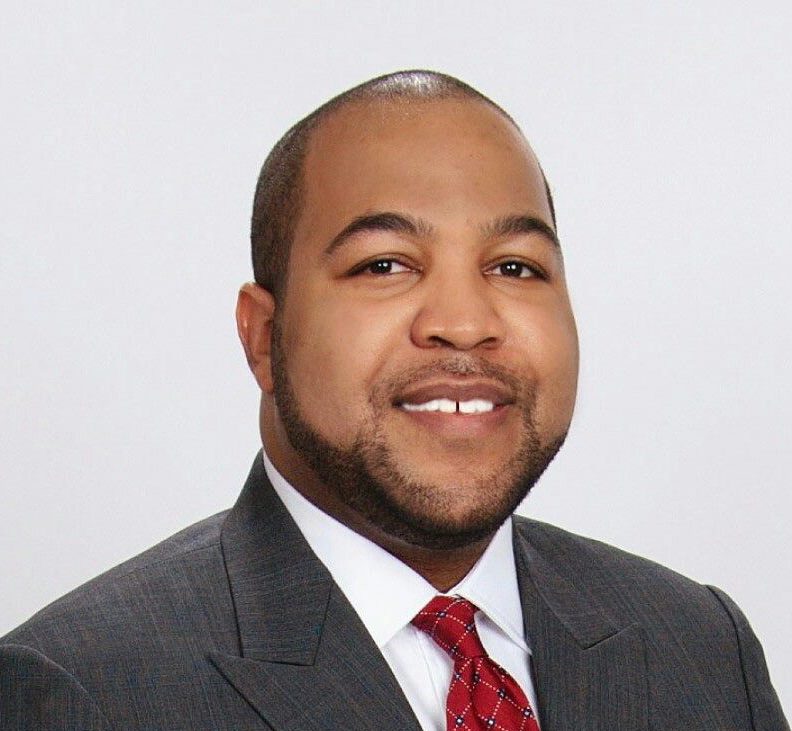Approaching the end of a calendar year offers a time of reflection and anticipation. We celebrate the triumphs, mourn the losses, and think about what we can do better in the next twelve months. Some will inevitably examine all aspects of their lives, as well as, various worldwide concerns. As 2017 closes, it is difficult not to think about the politics of the United States and its far-reaching global effects. Regarding the current U.S. political environment, I am filled with great sadness and frustration while still clinging to hope and resolve to continue to fight the unjust practices of this Administration.
When the results of the November 8, 2016 election were read, I watched in horror from a television in Lima, Peru. Two days later, I lectured at a university about how the unfathomable happened and what its impacts could be on African-American and international politics. What the political polls and professional pundits did not calculate or understand was the raw anger and fear that the Republican candidate Donald Trump was able to stoke among working class White Americans in the Midwest and the South. The dangerous rhetoric combined with poor messaging and inflexible campaigning from Secretary Hillary Clinton and the Democratic Party led to the election of Donald J. Trump. Van Jones said it best, “This is a White-Lash against a Black President.”
Where are we now? During the first year of the Trump Administration, we have seen the international stature of the United States eviscerated by unilaterally pulling out of several key treaties governing climate change, trade and migration, the looming “Muslim Ban”, heighten nuclear tension in Asia, possible collusion with Russia, and the latest declaration of Jerusalem as the undivided capital of Israel. Net Neutrality looks to be the latest casualty in the emerging war on the progressive policies that were enacted by the Obama Administration. The Trump Administration has sought to obstruct the implementation of the Affordable Care Act (Obamacare) at every turn, when they could not gut the legislation outright. Day after day, individuals awake to some new scandal, political blunder or outrageous pronouncement. Keeping up has become wearisome and dizzying even for the staunchest activist.
What did we do? We marched in the Women’s March on Washington, the 1,000 Minister’s March and the variety of other local protests. We called and visited Congressional Representatives of both parties to advocate for issues. We opened our churches as sanctuaries to persecuted immigrants and called for just treatment for all persons. We strongly advocated for enrollment in the Affordable Care Act. We actively joined with our ecumenical partners in acts of civil disobedience and public expressions of faith and Christ’s teachings about justice. We joined the relief efforts when there was sluggish or nonexistent emergency response by the U.S. government.
Yet—Trump is still President. His Cabinet was still confirmed. Environmental protections have been rolled back. And the United States Congress has approved a Tax Reform Plan that will undoubtedly raise the tax burdens of working and middle-class Americans while helping the wealthy.
What does the AME Church do in 2018? How do we live out our connectional theme of “A Social Justice and Liberating Faith?” How do we stay emotionally and spiritually uplifted as we see egregious injustice being meted out by a government that used to be led by one of “us”? I have pondered these questions and discussed them with several AMEs, both lay and clergy of various ages. The common consensus was that we must begin with faith in God and our belief in the Bible and the teachings of Jesus Christ. Faith, however, cannot be passive—it must be followed by action. We must shift our attention and actions from episodic interventions to long-term strategy. A similar situation occurred when Reconstruction ended in the South, in 1877. After ten years of federally protected Black political power and progress, the backlash of White Southern elites disenfranchised African-Americans for almost three generations. Our institutions, people and lives are under attack and the nature of American politics has fundamentally shifted under Trump—what was done and discussed in darkness has now been thrust into the light.
While results will not be immediate, we must keep praying, keep fasting, keep marching, keep pushing, keep calling, keep visiting and keep our members and communities motivated. Also, the denomination must seriously invest in our Social Action and engagement initiatives. Voter education is a great start, but we must train our members how to be engaged political citizens and what it truly means to embody the Christian witness. We also must not be afraid to engage with movements that while birthed in our context might not be led by the organized church—specifically the Black Lives Matter Movement. Most importantly for our Connection, we must engage our members in Districts 1-20 to work on global concerns that may be harmed by the Trump Administration, but are no less vital. African Methodism has always been an international Connection and we must continue to work throughout the African Diaspora.
The fight will indeed be long and hard, but it is something that African-Americans have known from Richard Allen’s time through Denmark Vessey to Charlotte Maxeke to Rosa Parks to the present day. Like our ancestors, we will be assaulted individually and collectively but we will prevail if we know that we cannot use the same weaponry as our forebears. We cannot do the same things the same way…but we must have the same resolve to win.





